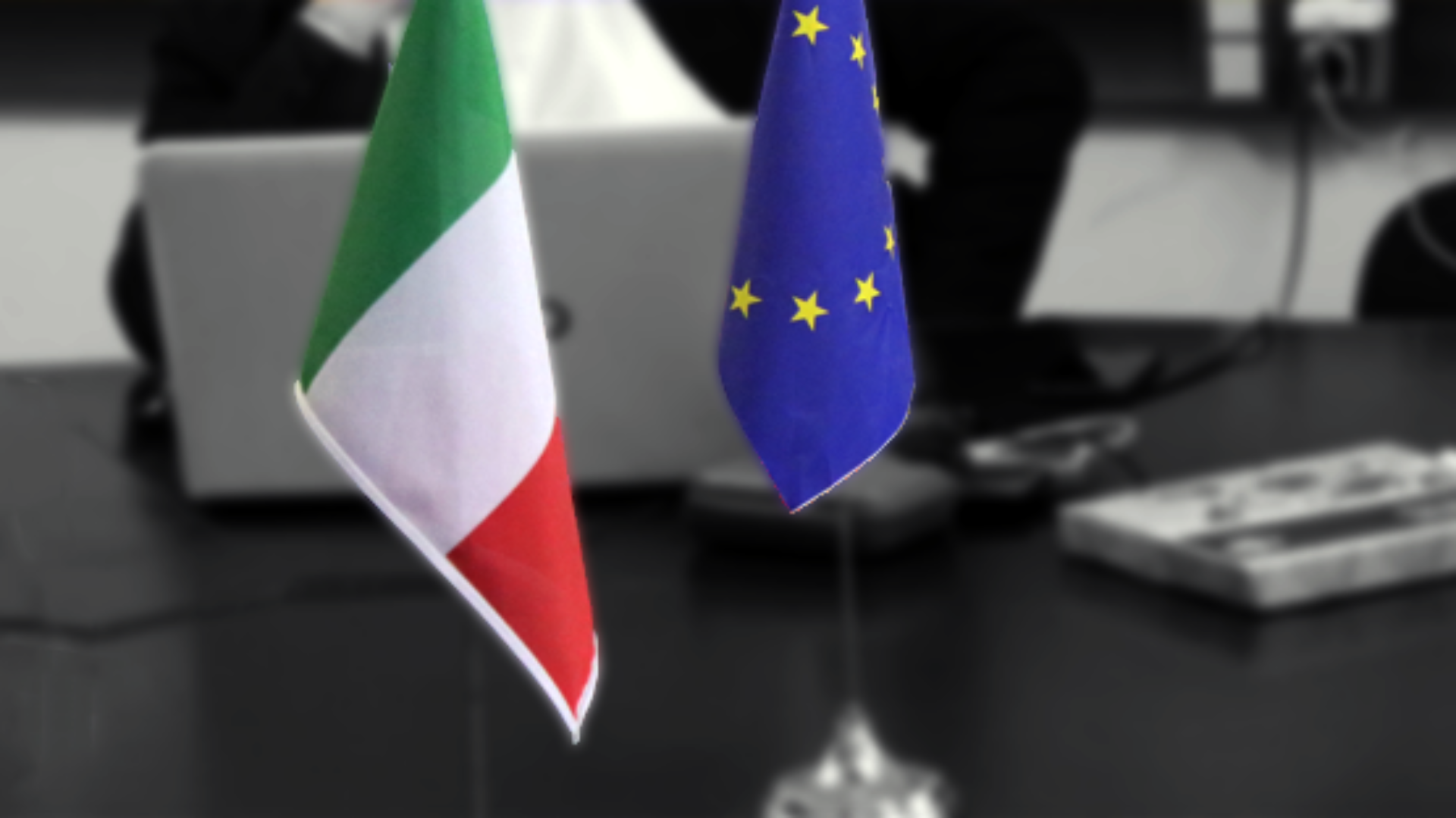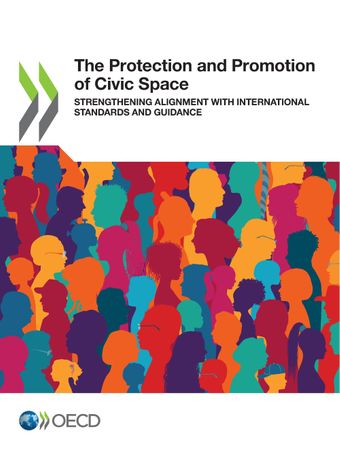Lo scorso 16 dicembre 2022 è stato pubblicato dall’OCSE (Organizzazione per la Cooperazione e lo Sviluppo Economico) il primo rapporto comparativo sullo spazio civico, il quale offre una base di dati riguardo a 33 Paesi membri dell’OCSE e 19 Paesi non membri e una panoramica delle diverse dimensioni dello spazio civico, con particolare attenzione alle libertà civiche, alle libertà dei media, allo spazio civico nell’era digitale e l’ambiente favorevole per la società civile.
Il rapporto fornisce una revisione esaustiva dei quadri giuridici, delle politiche, delle strategie e degli accordi istituzionali, oltre alle lacune di attuazione, alle tendenze e alle buone pratiche.
Il titolo originale del rapporto è:
The Protection and Promotion of Civic Space
Strengthening Alignment with International Standards and Guidance
Nel report si evidenzia come l’ultimo decennio sia stato caratterizzato da un crescente riconoscimento internazionale dello spazio civico come pietra angolare di democrazie funzionanti, insieme agli sforzi per promuoverlo e proteggerlo.
I Paesi che promuovono lo spazio civico sono in una posizione migliore per raccogliere i numerosi vantaggi di livelli più elevati di coinvolgimento dei cittadini, trasparenza e responsabilità rafforzate e cittadini e società civile responsabilizzati. A lungo termine, uno spazio civico vivace può aiutare a migliorare l’efficacia e la reattività del governo, contribuire a politiche più incentrate sui cittadini e rafforzare la coesione sociale.
È possibile rivedere il webinar dedicato al primo rapporto OCSE anche dal canale YouTube dell’OCSE:
Link alla fonte e al report OCSE
In merito alla partecipazione civica, vogliamo ricordare in questo contesto, 4 contributi chiave forniti dal partenariato DYDAS al tema della partecipazione civica:
- Il progetto DYDAS – DYnamic data analytics services (cofinanziato dal programma europeo Connecting Europe Facility – CEF Telecom), attraverso la corrispondente piattaforma digitale collaborativa DYDAS, intende prioritariamente favorire la partecipazione pubblica e privata, incentivando la pubblicazione di dati aperti e mostrandone l’utilità attraverso i primi 3 casi d’uso realizzati nell’ambito del progetto (Mobilità, Energia, Ambiente Marittimo).
- Il partenariato DYDAS ha aderito nel Maggio 2022 all’iniziativa #OpenGovWeek (Settimana del governo aperto) promossa a livello internazionale dalla Partnership per il governo aperto (OGP) che si pone l’obiettivo di diffonderne i principi e le buone pratiche con il coinvolgimento attivo di pubbliche Amministrazioni e associazioni della società civile, e a livello nazionale, in Italia, promossa dal Dipartimento della Funzione Pubblica. In particolar modo è stata organizzata una sessione partecipativa pubblica via webinar, realizzando un vero e proprio laboratorio partecipativo sul tema dell’economia circolare.
- È stato fornito un contributo sul tema “The value of the landscape through Earth Geospatial Observation – contribution through ESA and EU funded project” per la MOOC sulla “Gestione Creativa del Patrimonio e del Paesaggio Rurale” in cui il processo partecipativo è previsto nell’ambito del CREAHLANDS Digital Living Lab.
- Da ultimo, sono da citare i 3 Contest e i 2 Hackathon realizzati nell’ambito DYDAS per incentivare l’uso di Open Data al fine di contribuire alla migliore partecipazione civica e realizzazione di opportunità per le comunità (LINK).
The protection and promotion of civic space in the digital age
On 16 December 2022, the first comparative report on civic space was published by the OECD (Organization for Economic Co-operation and Development), which offers a database on 33 OECD member countries and 19 non-member countries and an overview of the different dimensions of civic space, with a focus on civic liberties, media freedoms, civic space in the digital age, and enabling environment for civil society.
The report provides a comprehensive review of legal frameworks, policies, strategies and institutional arrangements, as well as implementation gaps, trends and best practices.
The original title of the report is:
The Protection and Promotion of Civic Space
Strengthening Alignment with International Standards and Guidance
The report highlights how the last decade has been characterized by growing international recognition of civic space as the cornerstone of functioning democracies, along with efforts to promote and protect it.
Countries that promote civic space are in a better position to reap the many benefits of higher levels of citizen engagement, enhanced transparency and accountability, and empowered citizens and civil society. In the long run, a vibrant civic space can help improve government effectiveness and responsiveness, contribute to more citizen-centred policies and strengthen social cohesion.
The webinar dedicated to the first OECD report can also be viewed on the OECD YouTube channel, as referenced above.
Source and link to the OECD report
With regards to civic participation, we would like to mention in this context, 3 key contributions provided by the DYDAS partnership to the topic of civic participation:
- The DYDAS – DYnamic Data Analytics Services project (co-financed by the European program Connecting Europe Facility – CEF Telecom), through the corresponding collaborative digital platform DYDAS, intends primarily to encourage public and private participation, encouraging the publication of open data and demonstrating its usefulness through the first 3 use cases realized within the project (Mobility, Energy, Maritime Environment).
- In May 2022, the DYDAS partnership joined the #OpenGovWeek initiative (Open Government Week) promoted internationally by the Open Government Partnership (OGP), which aims to disseminate its principles and best practices with the active involvement of public administrations and civil society associations, and at national level, in Italy, promoted by the Department of Public Administration. In particular, a public participatory session was organized via webinar, creating a real participatory laboratory on the theme of the circular economy.
- A contribution was provided on the theme “The value of the landscape through Earth Geospatial Observation – contribution through ESA and EU funded project” for the MOOC on “Creative Management of Heritage and Rural Landscape” where the participatory process is foreseen within of the CREAHLANDS Digital Living Lab.



